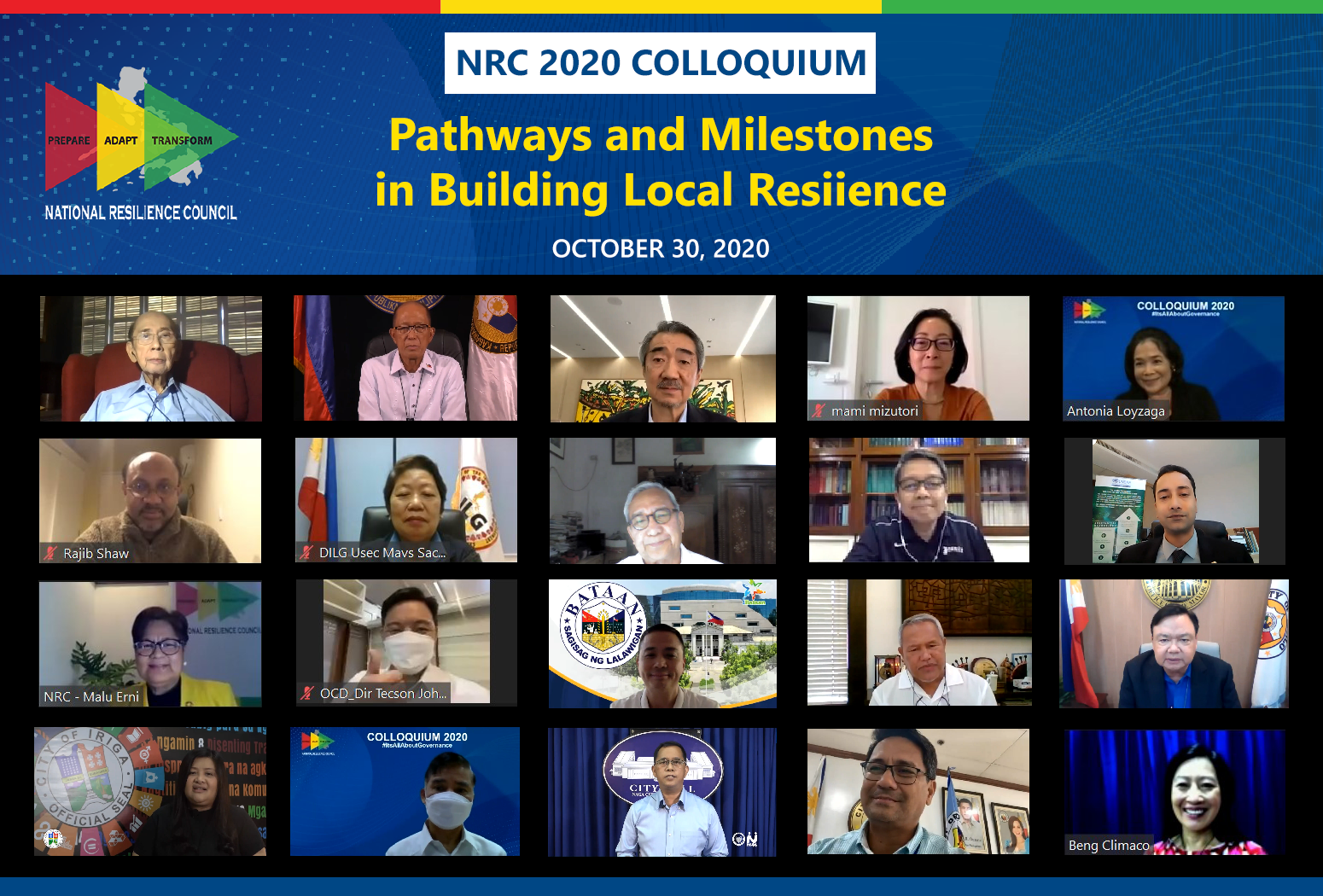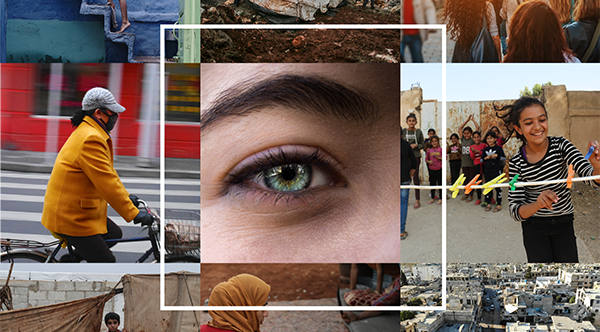Tag: DRR
-

Public and private sectors Strengthen DRR partnerships amid COVID-19 pandemic
Multi-stakeholder resilience approach emphasized at the NRC Colloquium 2020 COVID-19 has added new complexity and uncertainty to public-private partnerships in disaster risk. To counter its cascading impacts, there is an urgent need for evidence-informed local leadership that is reinforced by multi-stakeholder collaboration. In response to COVID-19’s challenges and the year-round threats posed by other hazards,…
-

An update from Mami Mizutori, UN Secretary-General’s Special Representative for Disaster Risk Reduction — 13 July 2020
In the newsletter circulated by United Nations Office for Disaster Risk Reduction (UNDRR), UN Secretary-General’s Special Representative for Disaster Risk Reduction Mami Mizutori writes about the lessons brought about by the COVID crisis: with good governance being at the heart of disaster resilience and the need for better recovery strategies that are climate-conscious and environmentally sustainable. I…
-

An update from Mami Mizutori, UN Secretary-General’s Special Representative for Disaster Risk Reduction — 25 June 2020
In the newsletter circulated by United Nations Office for Disaster Risk Reduction (UNDRR), UN Secretary-General’s Special Representative for Disaster Risk Reduction Mami Mizutori writes an update on the on-going efforts and initiatives by DRR Organizations and Advocates in the fight against COVID-19. There is worldwide recognition that the fight against COVID-19 will mainly take place…